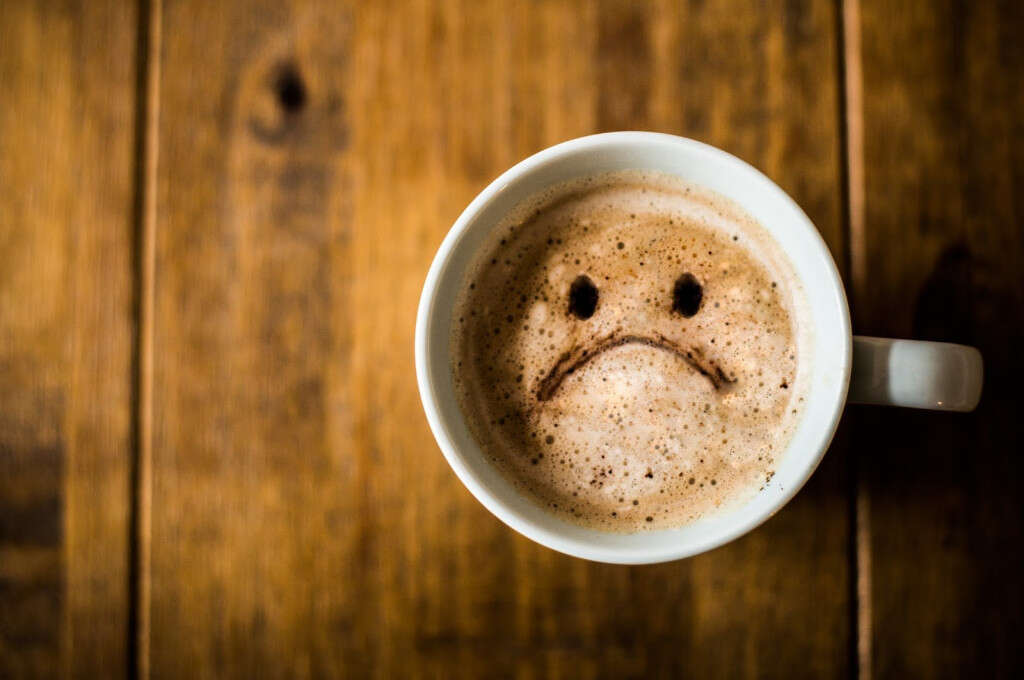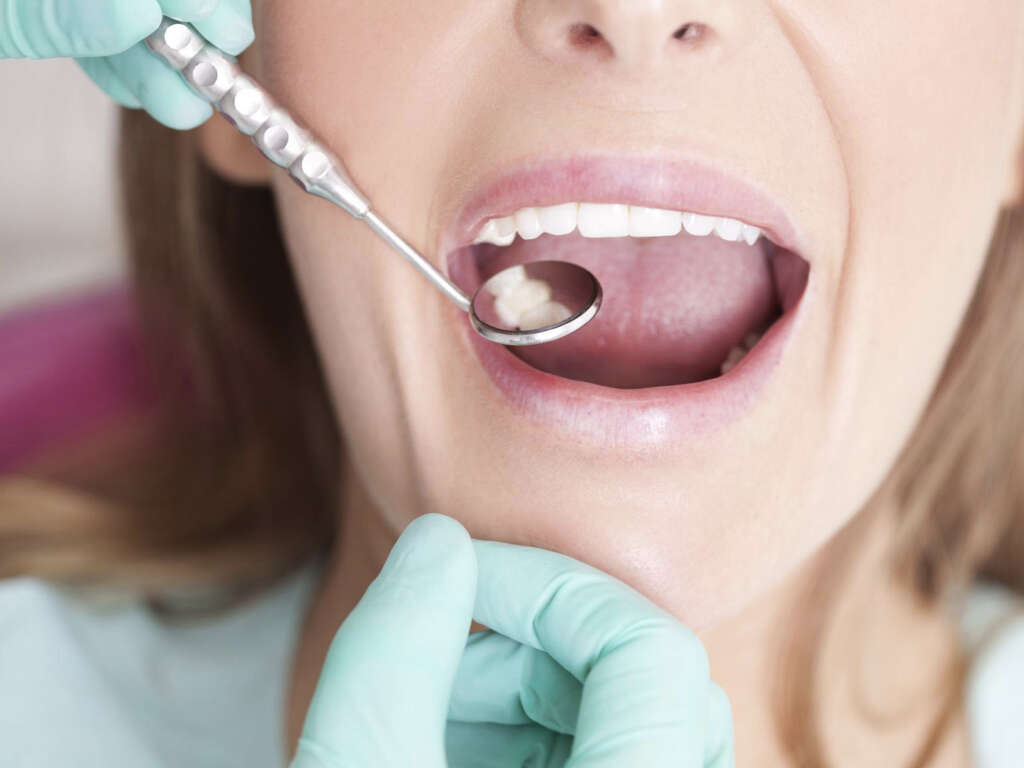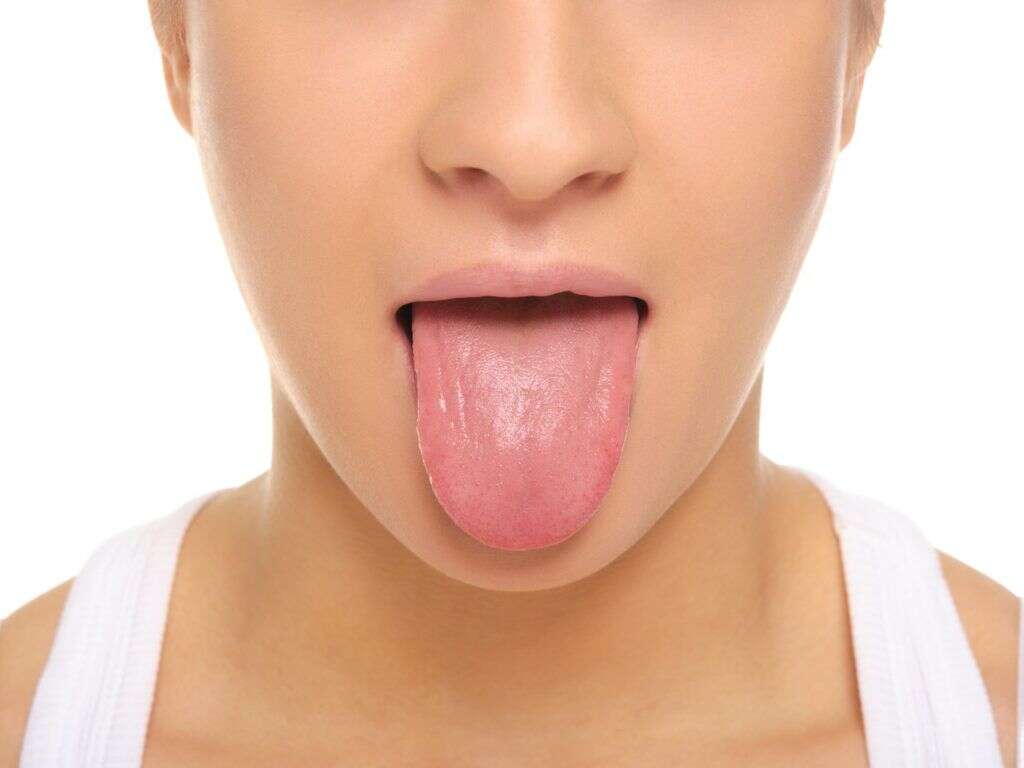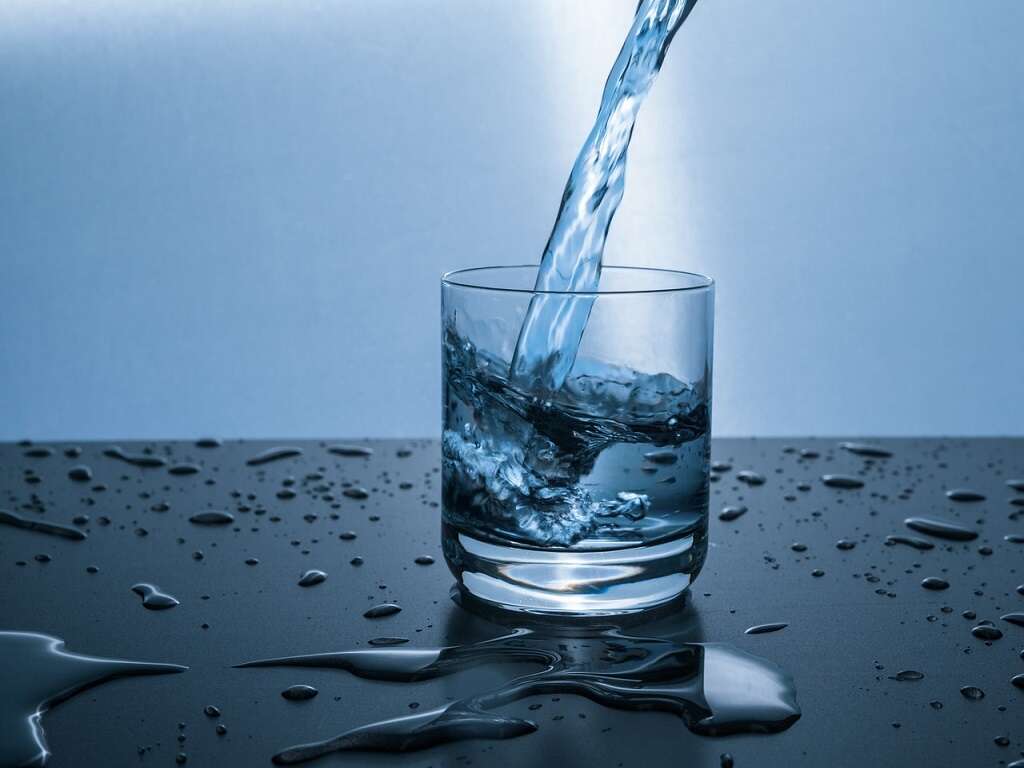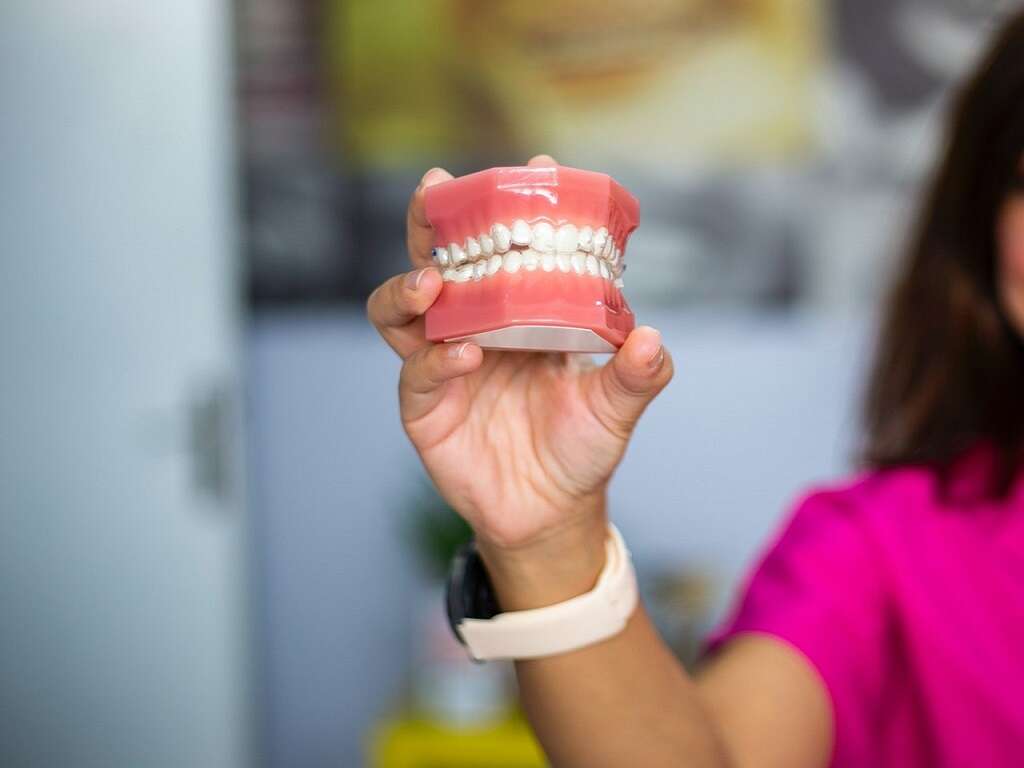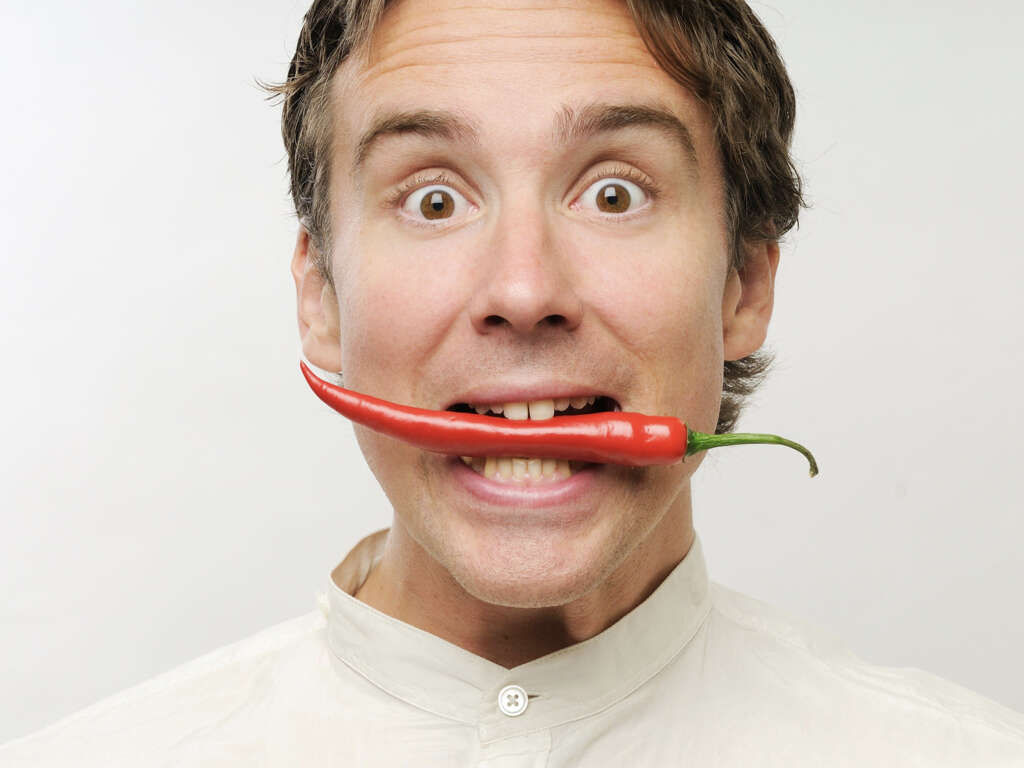10 Causes of Dry Mouth
Saliva consists of more than 99.5% water. The other .5% consists of enzymes, white blood cells and antibacterial agents, among other things. Despite the tiny amount of these ingredients, our saliva still does a very important job that often gets overlooked. We can actually begin to develop problems without it.
Saliva helps with mastication, which is the beginning of the digestion process. The enzymes within it help to soften food in readiness for the stomach. Saliva also helps to fight off bacteria in the mouth, helping to prevent infections and helping to protect our teeth against decay. If you are experiencing a prolonged period of a dry mouth, it’s something that you really should pay attention to.
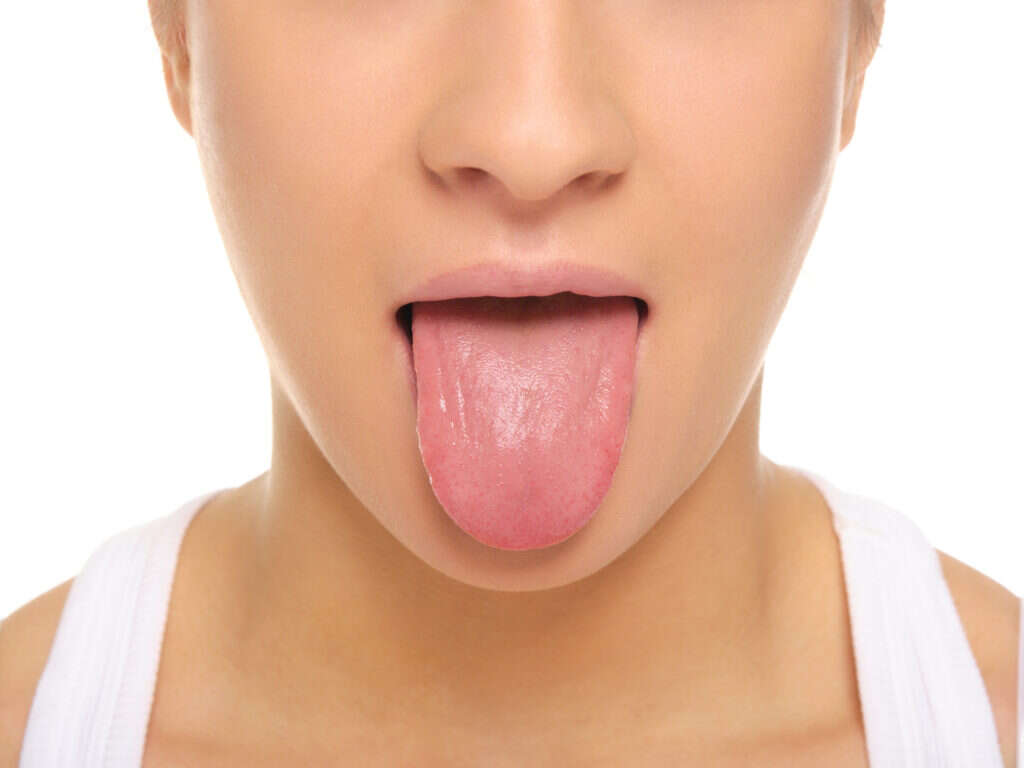
Cause #1: Sickness
When we are ill, our bodies can be affected in a variety of ways. Depending on the illness, the symptoms can range from being mildly unpleasant to being outright dangerous. Many symptoms will help medical professionals to diagnose the illness. One side effect that can be caused by being ill is having a dry mouth.
Typical illnesses that can cause a dry mouth include anemia, mumps, Parkinson’s and even a stroke. It is not normal for us to have a dry mouth so having one could well mean that you are not well. If your mouth is dry for no good reason then you should arrange to speak with a doctor as soon as possible.

Cause #2: Medication
It is impressive what we can do with medicine nowadays. We are able to treat and even cure illnesses that would have been deadly just a few generations ago. They are not without their drawbacks, though, and some medications will come with side effects. One side effect of many medicines is a dry mouth.
Decongestants and antihistamines, in particular, can cause our mouths to become dry, while diuretics are also a popular cause. Some sedatives and muscle relaxants can also cause a dry mouth. Drugs can affect people in different ways and if you are experiencing uncomfortable symptoms using a medicine, you should stop using it and contact your doctor straight away.
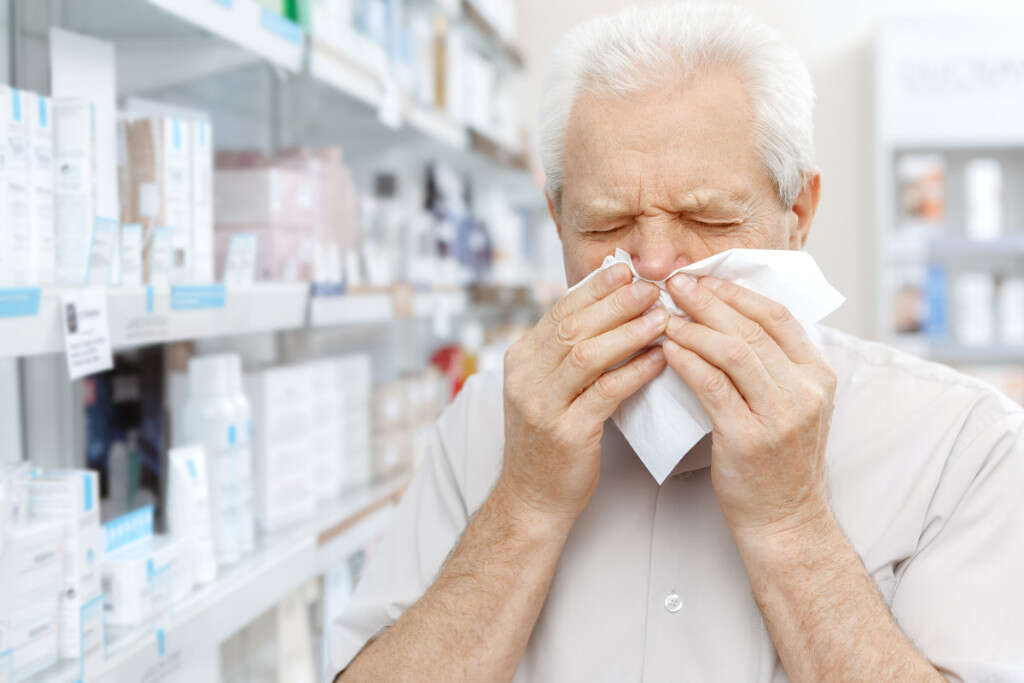
Cause #3: Dehydration
We can’t survive for long without water. It is essential to our survival. Most of us, though, are fortunate enough to have easy access to water, meaning we never have to go without. Regardless of accessibility, though, we can still become dehydrated and this can lead to having a dry mouth.
People that have been working hard or exercising will sometimes experience dehydration as they lose more liquid than usual through sweating. Some illnesses can also cause us to become dehydrated, causing our mouths to dry up. Rehydrating ourselves is usually just a case of having a drink but you should see a doctor if symptoms persist.

Cause #4: Mouth Breathing
Usually, we will breathe through our nostrils which should be more than sufficient. Sometimes, though, we might experience nasal congestion which means we will need to breathe through our mouths. Some people might also have medical conditions which means they will need to breathe through their mouths more than their nostrils.
Breathing through our mouths will mean that air is constantly being passed over our saliva, encouraging it to evaporate. This can be made worse in hot, dry climates and air-conditioning can also encourage a dry mouth. Many people will find that they wake up with a dry mouth if they breathe through their mouths when sleeping.
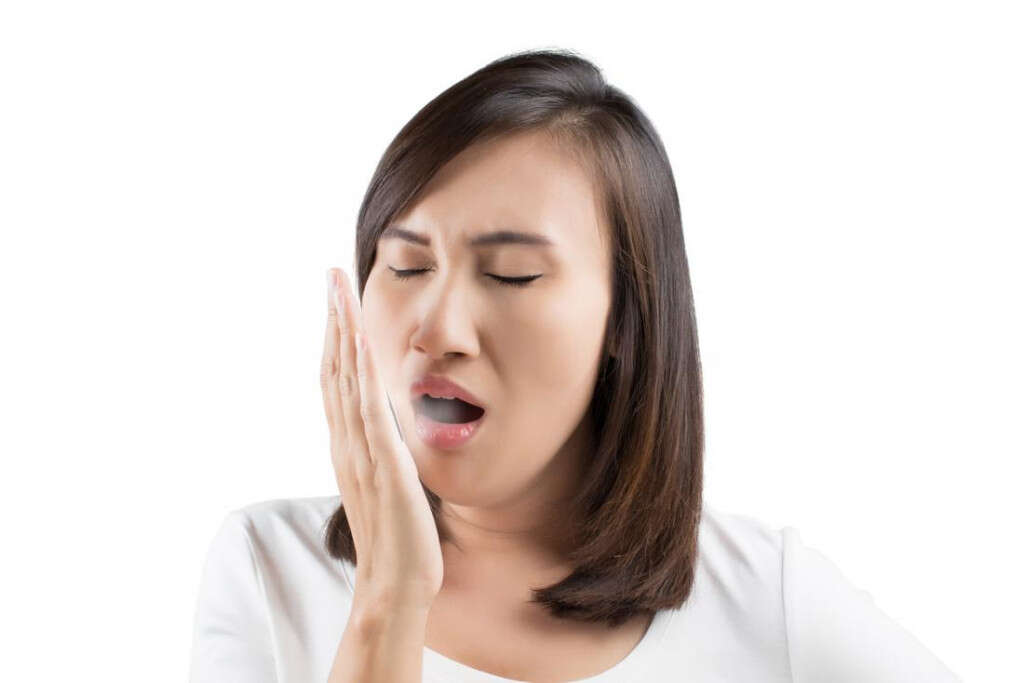
Cause #5: Nerve Damage
Nerves can be found throughout most of our bodies. They help us to touch and feel the environment around us, giving us vital information regarding our surroundings. They also help to protect us from harm and help us to react appropriately to certain stimuli. They are quite delicate, though, and they can become damaged.
If you have a dry mouth and symptoms are persisting, it could be a sign that you have damaged nerves in the neck or head area. This might be down to recent surgery or maybe down to a recent physical trauma. If symptoms do persist then you should make an appointment to get it checked out.

Cause #6: Smoking
Many people all over the world enjoy smoking. Nicotine has a calming effect that helps us to relax and is generally enjoyed throughout the day. In recent decades, though, we have come to learn that smoking tobacco is bad for us. Very bad indeed. The long-term effects can be catastrophic while it does have some short-term effects also.
One side effect of smoking is a dry mouth. To be more accurate, smoking doesn’t actually cause dry mouth in itself but it can make symptoms considerably worse. While a dry mouth can be quite uncomfortable, there are far more pressing reasons to consider quitting.
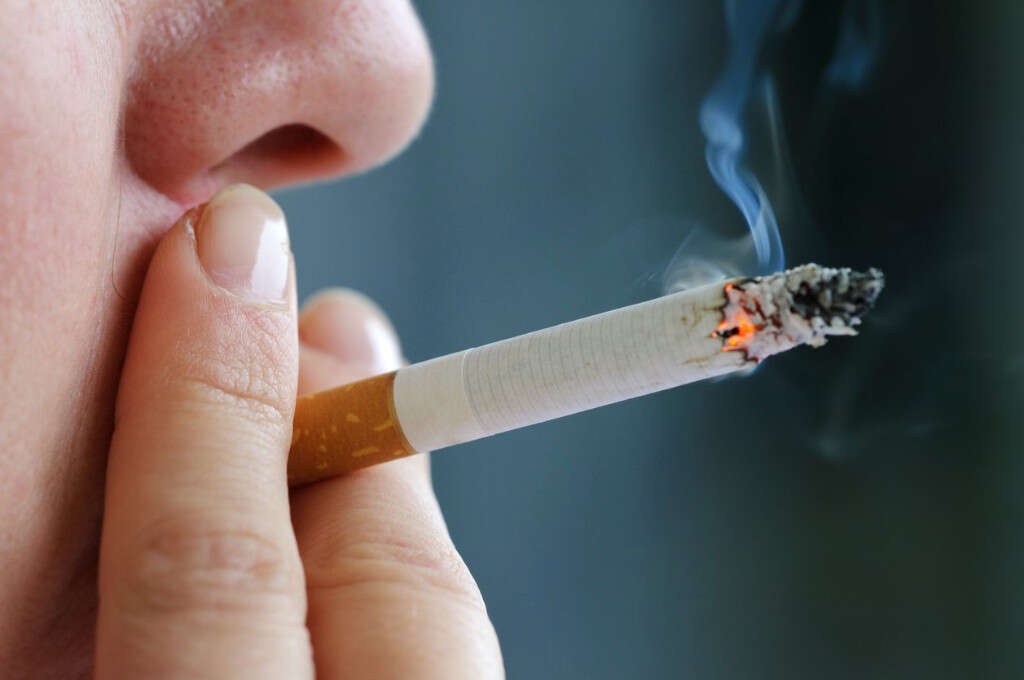
Cause #7: Stress
Life can be very tough at times. We will sometimes have a lot of concerns including things like taking care of our families and paying bills. Whatever the cause, stress can be relentless and it can lead to a range of symptoms. One symptom of stress is having a dry mouth.
If you do have a dry mouth due to stress, you should find that everything returns to normal once the stress has passed. Avoiding stress can be easier said than done, though, and many people find themselves in situations where it is all but impossible to escape. Prolonged stress can have a severe impact on our mental and physical well-being so you should arrange to speak with a doctor should it persist.

Cause #8: Alcohol
Throughout much of the world, alcohol is enjoyed by many people that are looking to let their hair down, to relax or even just as an accompaniment to a meal. It can be a lot of fun to indulge in but, unfortunately, it is not without its drawbacks. Drinking alcohol does come with numerous symptoms, including a dry mouth.
Drinkers will often find that they have a dry mouth when they wake up the following morning. It can also be made worse in conjunction with other causes such as smoking. It is usually dealt with quite easily by rehydrating yourself, but bear in mind that excessive alcohol consumption can have some much more serious consequences.

Cause #9: Salivary Glands
Located beneath the tongue are glands that secrete a watery substance that we know as saliva. They help to keep the mouth wet and will respond to certain stimuli such as the smell or sight of foods we like to eat. They work involuntarily and we barely even know that they are there much of the time.
If these glands are damaged or blocked in some way, though, then they may be unable to secrete any saliva, or maybe they will secrete less than usual. Sometimes, the glands might even have been removed altogether in a surgical procedure or in a severe accident.
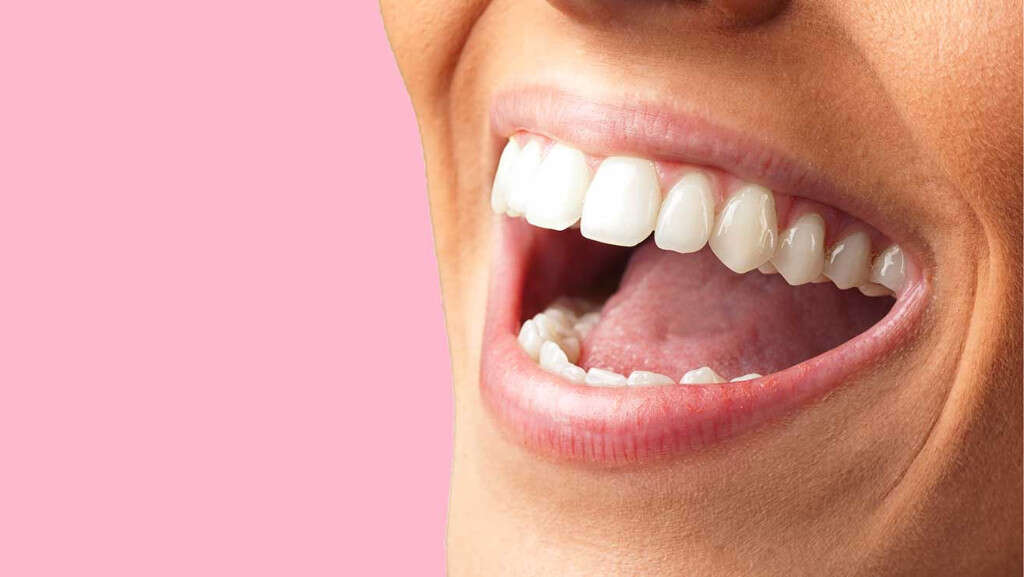
Cause #10: Caffeine
Many of us can barely imagine the thought of going to work without first having the first dose of caffeine for the day. It helps to give us the perk we need to get going in the morning and can also give us a boost to keep us going even when we are getting tired. Even though it is a godsend to many people around the world, caffeine is not without its drawbacks.
Some people that drink caffeine regularly can experience a dry mouth. This is partly because too much caffeine can cause you to become dehydrated. Caffeine does come with other side effects and some people need to avoid it altogether.
